Study uncovers link between autism risk gene, language
Mutations in TBR1, a candidate gene for autism, compromise its functions and its ability to bind its partners — including FOXP2. Alan Packer explores the gene’s emerging link to language.
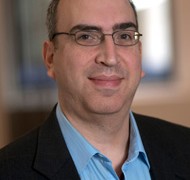
Mutations in TBR1, a candidate gene for autism, compromise its functions and its ability to bind its partners — including FOXP2. Alan Packer explores the gene’s emerging link to language.
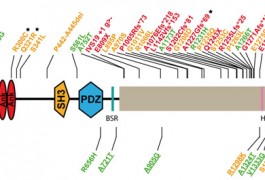
About 2 percent of people who have both autism and intellectual disability carry harmful mutations in SHANK3, a protein that helps organize the connections between neurons, according to a study published 4 September in PLoS Genetics.
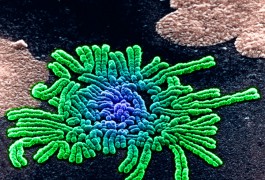
A new method of statistical analysis can predict whether a rare mutation identified in someone with autism has a meaningful association with the disorder or was found only by chance, researchers reported in the September issue of Nature Genetics.
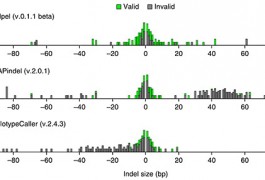
A new algorithm accurately detects large DNA insertions and deletions in the protein-coding regions of the genome.
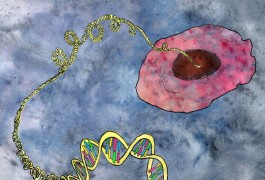
Advanced sequencing methods can detect spontaneous genetic changes that show up in only a small subset of a person’s cells, suggest two new studies published in August. Despite their low prevalence in the body, these so-called ‘somatic mosaic mutations’ occur frequently in people and may be important contributors to brain disorders.
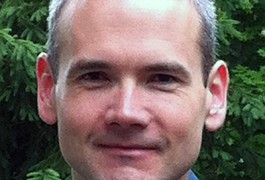
Geneticist James Noonan explains how the complex function of CHD8, the leading candidate for autism risk, points to a way to unravel the mechanisms underlying autism.
New estimates on the role of common mutations in autism raise questions about how to quantify and parse genetic risk. Three experts say both common and rare variants are worth pursuing.
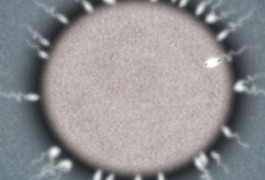
The configuration of methyl groups that modify DNA in sperm change as men get older. These alterations may help explain why children of older fathers are at increased risk for neuropsychiatric disorders such as autism.
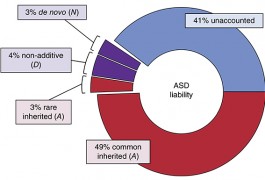
Common genetic variants that have minor effects may contribute about half the risk of developing autism, according to a study published Sunday in Nature Genetics. Identifying these variants would require tens of thousands of samples.
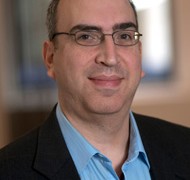
A long-awaited report, published today in Nature, confirms that with access to tens of thousands of genomes, researchers can identify common genetic risk factors for a complex neuropsychiatric disorder.